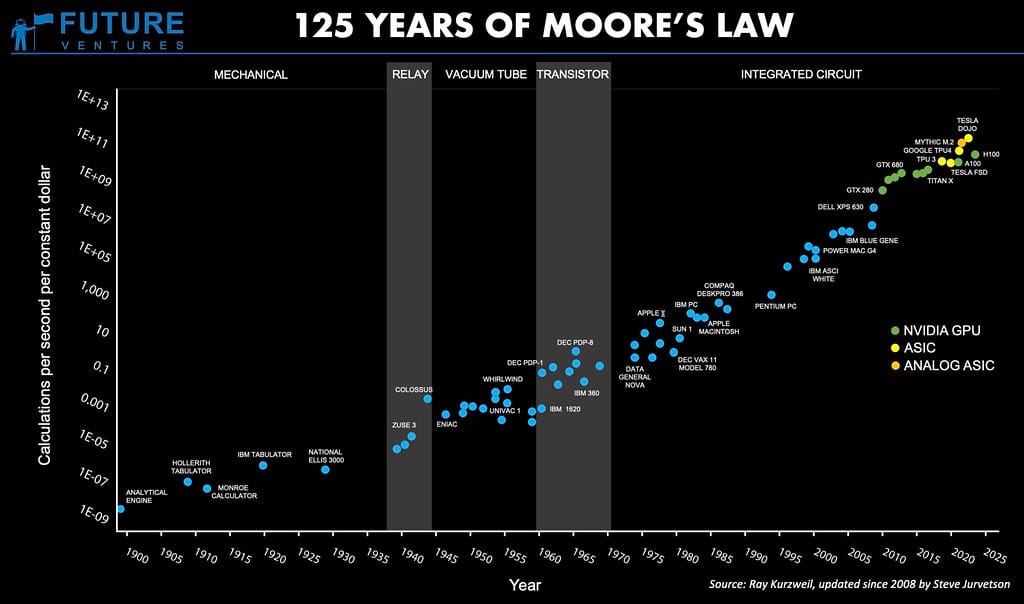Google DeepMind's Spinoff Inches Closer to Revolutionary AI-Designed Drug Trials
Artificial intelligence is poised to revolutionize medicine as we know it. Isomorphic Labs, Google DeepMind's pharmaceutical spinoff, has announced it's "very close" to beginning human trials for drugs entirely designed by artificial intelligence—a milestone that could transform how we discover and develop life-saving treatments.
The AI Revolution in Drug Discovery
Founded in 2021 by DeepMind's CEO Demis Hassabis, Isomorphic Labs represents a bold bet on AI's potential to solve one of humanity's most complex challenges: drug discovery. The company has been quietly working to apply the same computational power that conquered protein folding to the notoriously slow and expensive process of developing new medications.
Traditional drug discovery is a brutal numbers game. Of every 10,000 compounds that enter the development pipeline, only one typically makes it to market—a process that takes 10-15 years and costs upwards of $2.6 billion. With AI-designed drugs now approaching human trials, we're witnessing the first real test of whether artificial intelligence can dramatically improve these odds.
From Algorithm to Clinical Reality
The journey from AI prediction to human testing represents a significant technical and regulatory hurdle. Isomorphic Labs has leveraged advanced machine learning models to identify promising drug candidates, predict their behavior in the human body, and optimize their molecular structures before any physical synthesis occurs.
"We're not just using AI to speed up existing processes," explains the company's research approach. "We're fundamentally reimagining how drugs are discovered and designed from the ground up."
The company's AI systems can process vast databases of molecular interactions, predict how potential drugs will bind to target proteins, and even anticipate side effects—all before a single test tube is touched. This computational approach has already shown promise in partnerships with major pharmaceutical companies, including deals with Eli Lilly and Novartis worth potentially hundreds of millions of dollars.
The Human Trial Milestone
Moving to human trials marks a critical inflection point for AI-designed drugs. While the company hasn't disclosed specific details about which conditions their lead candidates target, the progression to Phase I trials represents validation that regulatory bodies like the FDA are prepared to evaluate drugs born from algorithms rather than traditional laboratory discovery.
This development follows DeepMind's groundbreaking work with AlphaFold, which predicted the 3D structure of nearly every known protein. That achievement, published in 2021, provided the foundation for Isomorphic Labs' drug design platform and earned DeepMind's founders a share of the 2024 Nobel Prize in Chemistry.
Industry Implications and Competitive Landscape
Isomorphic Labs isn't alone in this race. Companies like Recursion Pharmaceuticals, Atomwise, and Exscientia are all advancing AI-designed drugs through clinical pipelines. However, Isomorphic's combination of DeepMind's computational expertise and Google's infrastructure gives it unique advantages in processing power and algorithmic sophistication.
The potential impact extends beyond individual companies. If successful, AI-designed drugs could dramatically reduce development timelines, lower costs, and enable treatments for diseases that were previously considered too rare or complex to address profitably. This could particularly benefit patients with rare diseases, where traditional drug development economics often fall short.
Challenges and Considerations
Despite the promise, significant challenges remain. AI models are only as good as their training data, and the complexity of human biology means that computational predictions don't always translate to real-world effectiveness. Additionally, regulatory frameworks are still evolving to address AI-designed therapeutics, creating potential approval bottlenecks.
Safety concerns also loom large. While AI can predict many drug interactions and side effects, the long-term consequences of AI-designed molecules remain largely unknown. The upcoming human trials will provide crucial data on whether AI can truly match or exceed human intuition in drug safety.
The Future of AI Medicine
As Isomorphic Labs prepares for human trials, the pharmaceutical industry watches closely. Success could trigger a wave of investment and adoption that transforms medicine within the next decade. Failure, meanwhile, might slow AI's integration into drug discovery, though it's unlikely to stop it entirely.
The convergence of artificial intelligence and pharmaceutical development represents more than technological advancement—it's a fundamental shift toward computational medicine. As we stand on the brink of testing the first AI-designed drugs in humans, we're not just witnessing a clinical trial; we're observing the birth of a new era in healthcare where algorithms and human biology intersect to create tomorrow's treatments.
